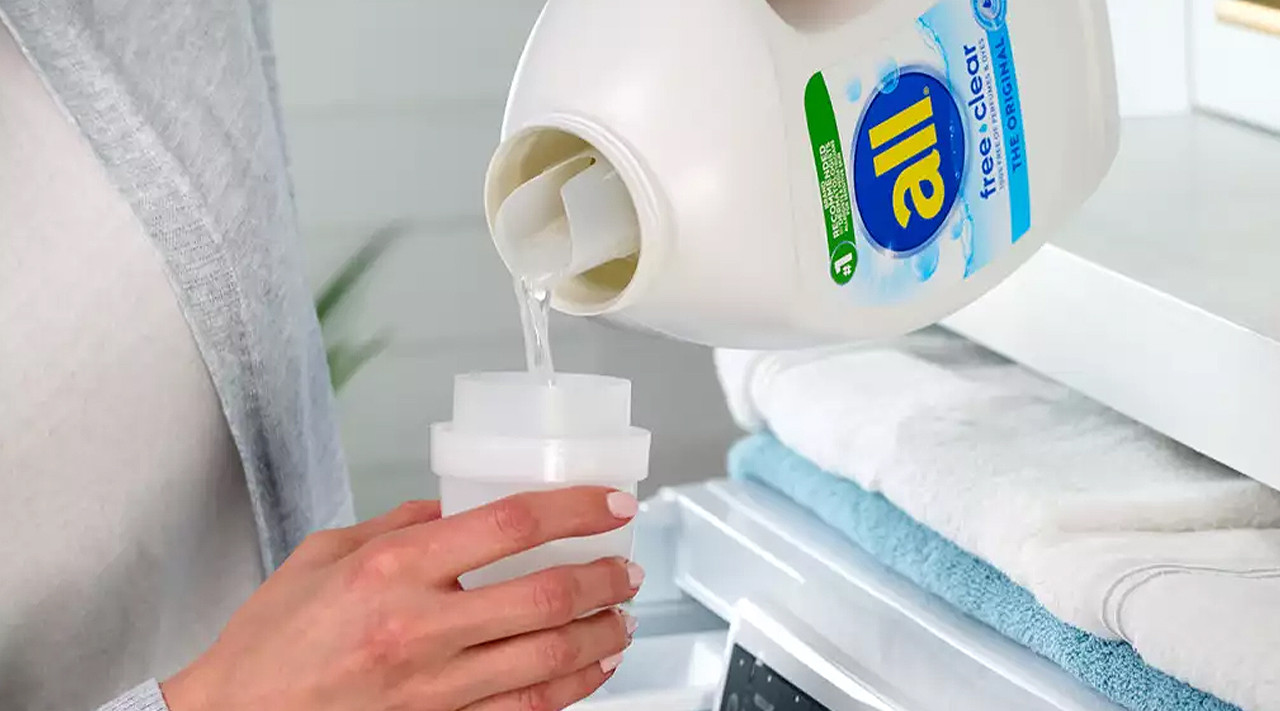5 Best Laundry Detergents in 2026 | How to Choose, Types & Eco-Friendly Options
Ever wondered why your favorite shirt lost its vibrancy after just a few washes? Or why do those stubborn stains seem to laugh in the face of your cleaning efforts? The secret might be hiding in your laundry detergent choice.
With so many options on the market, choosing among the 5 best laundry detergents can feel overwhelming. Everyone wants a good laundry detergent that actually removes stains, keeps colors bright, and smells great—but not all formulas deliver the same results.
Whether you’re looking for the most effective laundry detergent, a more eco-friendly pick, or simply a recommended laundry detergent for everyday loads, this guide will help you compare the top laundry detergents and find a better laundry detergent for your needs.
Why the Right Laundry Detergent Matters
Selecting the appropriate laundry detergent is more than just a matter of preference; it's a crucial decision that impacts the longevity of your clothes, your health, and even the environment. The right detergent can:
1. Extend the life of your garments by preserving fabric integrity
2. Effectively remove tough stains without damaging fibers
3. Protect sensitive skin from irritation and allergic reactions
4. Reduce your environmental footprint by using eco-friendly formulas
With the global laundry detergent market projected to grow at a CAGR of 5.5% from 2024 to 2030, it's clear that consumers are becoming increasingly aware of the importance of their detergent choices. This growth isn't just about quantity; it's about quality and innovation in the industry, driven by consumer demand for more effective and sustainable options.
How to Choose Sustainable Laundry Detergent: Types & Comparison
Choosing the right type of laundry detergent is essential for achieving optimal cleaning results and maintaining fabric quality. Whether you’re searching for the best laundry detergent to buy for your facility or looking for an expert detergent recommendation, understanding the different types of laundry detergent available can make all the difference.
The table below breaks down the four main types—liquid, powder, pods, and laundry detergent eco friendly options—highlighting what each is best suited for, along with their pros and cons.
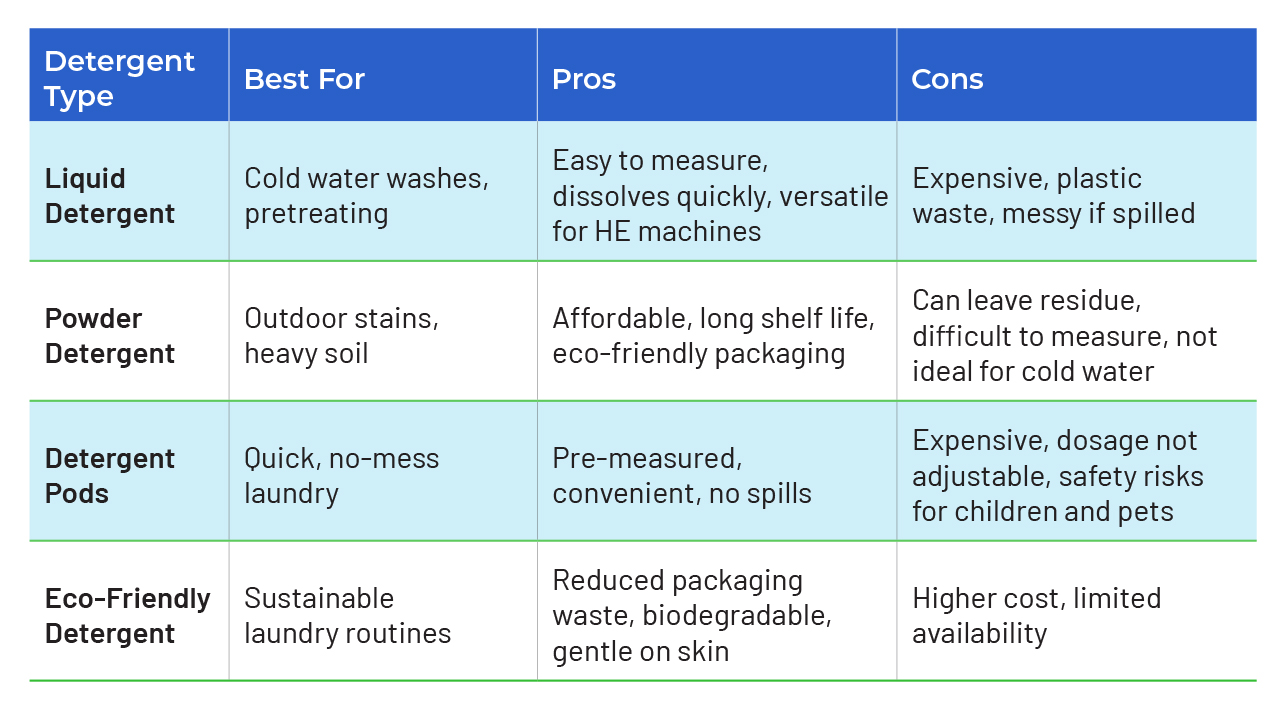
Which Type of Laundry Detergent Is Most Effective?
When choosing between different types of laundry detergent, consider factors like your washing machine type, typical stains, and environmental concerns. For instance, if you're looking for the best cold water laundry detergent, a liquid formula might be your best bet. On the other hand, if you're dealing with heavily soiled work clothes, a powder detergent might be more effective.
Remember, the best choice isn't always the most popular or expensive option. Arm & Hammer, for example, was the third-ranked liquid laundry detergent in the United States with over 872 million US dollars worth of sales in 2022, proving that effective cleaning doesn't always come with the highest price tag.
By understanding the pros and cons of each type, you can select the detergent that best suits your specific laundry needs, budget, and environmental concerns.
5 Best Laundry Detergents for Commercial & Facility Use
Choosing the best type of laundry detergent for your facility can significantly impact linen longevity, cleanliness standards, and guest satisfaction. Below are five of the best laundry detergent options for businesses that prioritize performance, efficiency, and environmental responsibility.
1. Zogics EcoPro Laundry Detergent – Original Fresh Scent (100 oz)
An eco-friendly liquid detergent crafted for high-volume laundry needs, Zogics EcoPro Original delivers a crisp, fresh scent while being gentle on fabrics and skin.
Best Uses:
Ideal for hotels, gyms, spas, and wellness centers aiming for green cleaning credentials without sacrificing cleanliness.
Technical Aspects:
- Biodegradable, phosphate-free formula
- Suitable for HE and standard machines
- 100 oz bottle yields 64–100 loads depending on soil level
- USDA Certified Biobased Product
2. Terra Breeze Powder Laundry Detergent (150 Packets/Case)
Convenient single-use packets with commercial-grade powder detergent—perfect for consistent dosing and ease of use.
Best Uses:
Designed for hospitality and guest-use settings such as extended stay hotels, vacation rentals, and employee laundries.
Technical Aspects:
- 1.5 oz pre-measured powder packets
- Case contains 150 packets
- Minimizes waste and overdosing
- Compatible with all standard machines
3. Arm & Hammer Powder Laundry Detergent – Crisp Clean Scent (18 lb)
A trusted brand for deep cleaning, this bulk-sized detergent combines baking soda power with a fresh, clean scent.
Best Uses:
Best for large-scale commercial laundries, janitorial services, or institutions needing strong stain removal.
Technical Aspects:
- 18 lb box (approx. 290 medium loads)
- Deep-cleaning formula with baking soda deodorizer
- Low-sudsing; works in standard and HE machines
4. Tide Powder Laundry Detergent – Original Scent (143 oz, 2-Box Case)
Known for its superior stain-fighting performance, Tide Powder is a classic choice with consistent results in commercial laundry.
Best Uses:
Perfect for hospitality, healthcare, or facilities where high cleaning power and brand trust are key.
Technical Aspects:
- Two 143 oz boxes per case
- Delivers up to 180 loads per case
- HE compatible and color-safe
- Formulated for tough stain removal
5. Zogics EcoPro Laundry Detergent – Scent-Free (100 oz)
This fragrance-free version of Zogics EcoPro is ideal for sensitive skin environments and scent-restricted settings.
Best Uses:
Suited for healthcare, senior living, or wellness facilities focused on hypoallergenic and non-toxic cleaning practices.
Technical Aspects:
- 100 oz liquid bottle for up to 100 loads
- Free from dyes and fragrance
- Biodegradable & non-irritating
- Safe for HE and traditional washers
Critical Factors to Consider When Buying Laundry Detergent
When it comes to choosing the best detergent for clothes, there are several key factors to keep in mind. Understanding what to look for in laundry detergent can make a significant difference in your laundry results and overall satisfaction. Let's explore these critical factors to help you make an informed decision.
One of the most important considerations when selecting a laundry detergent is ensuring it's compatible with your washing machine. High-efficiency (HE) washers require specific low-sudsing detergents to function properly.
• HE Machines: Look for detergents labeled "HE Compatible" or "HE Safe." These formulas produce fewer suds and are designed to work effectively in the low-water environment of HE washers.
• Regular Machines: While HE detergents can be used in regular washers, traditional detergents are often more cost-effective and produce better results.
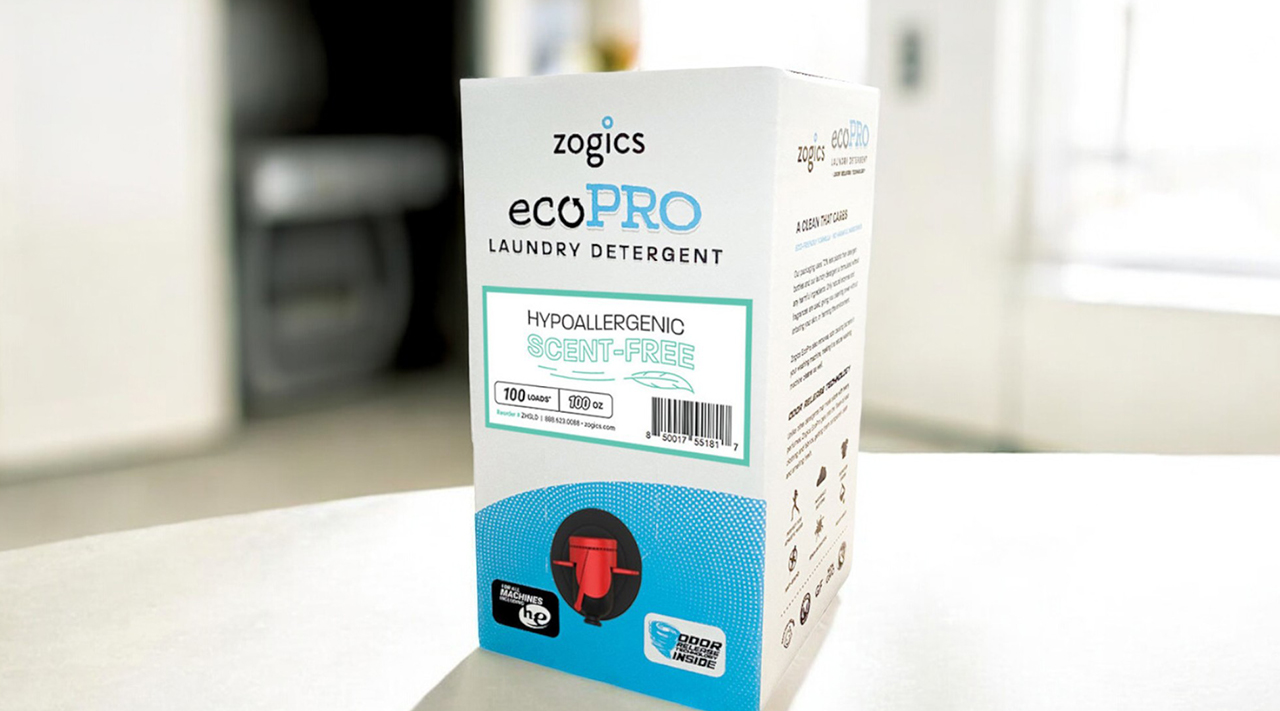
Specific Needs: Sensitive Skin, Allergies, and Baby Clothing
For those with sensitive skin, allergies, or when washing baby clothes, it's important to choose a detergent that's gentle and free from harsh chemicals.
• Look for hypoallergenic laundry detergent that is free from dyes and fragrances.
• Consider plant-based or organic options for a more natural approach.
• For baby clothes, opt for detergents specifically designed for infant wear, which are typically milder and less likely to cause irritation.
Remember, what works for one person may not work for another, so you might need to experiment with a few options to find the best fit for your needs.
The Significance of Scent- and Dye-Free Options
While many people enjoy scented laundry, others prefer their clothes to be fragrance-free. The choice between scented and unscented detergents is largely personal, but there are some factors to consider:
Scented detergents can mask odors but may also cause skin irritation for some people.
Dye-free and fragrance-free options are less likely to cause allergic reactions and are often better for the environment.
If you have sensitive skin or allergies, opting for scent- and dye-free detergents is usually the safest choice.
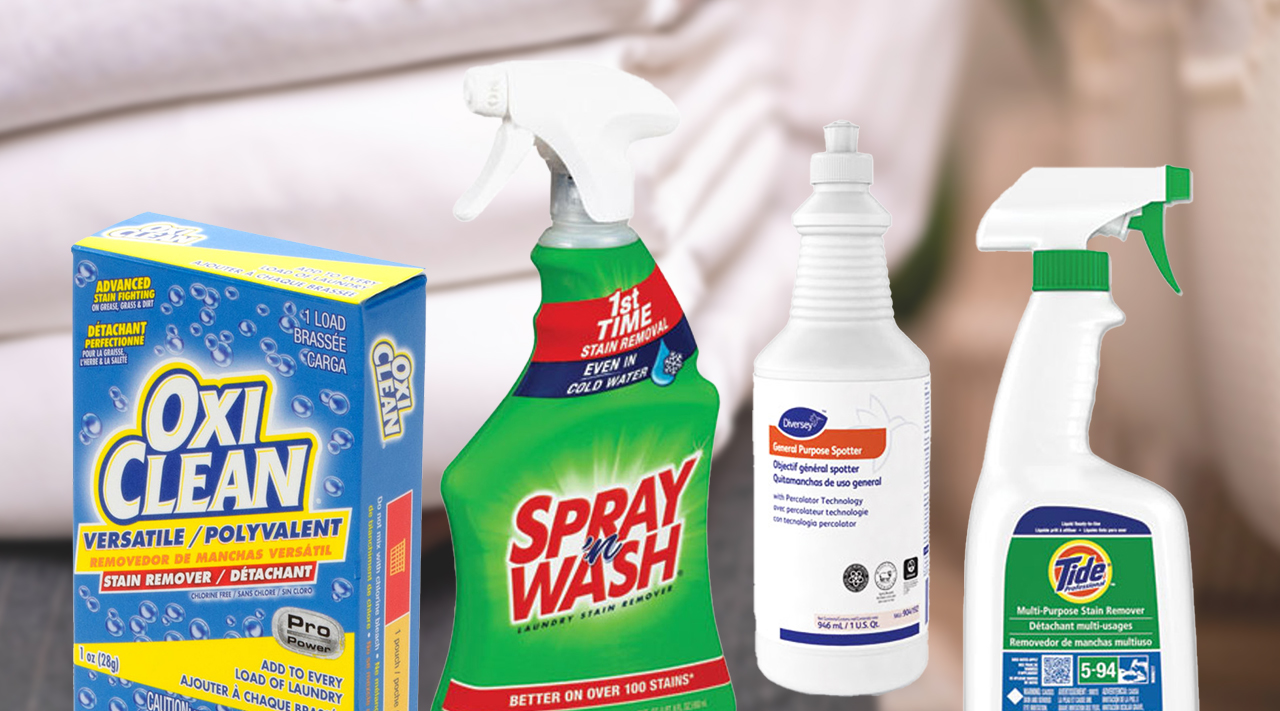
Assessing Cleaning Power for Different Fabrics and Stains
When searching for the best laundry detergent for stains, consider the types of fabrics you wash most often and the stains you typically encounter.
• For everyday laundry, a standard all-purpose detergent usually suffices.
• If you deal with tough stains regularly, look for detergents with enzymes or oxygen-based bleach alternatives.
• For delicate fabrics, choose a gentle detergent specifically formulated for these materials.
• Consider keeping a specialized stain remover on hand for particularly stubborn marks.
Remember, the best detergent for clothes isn't always a one-size-fits-all solution. You might need different detergents for various laundry tasks.
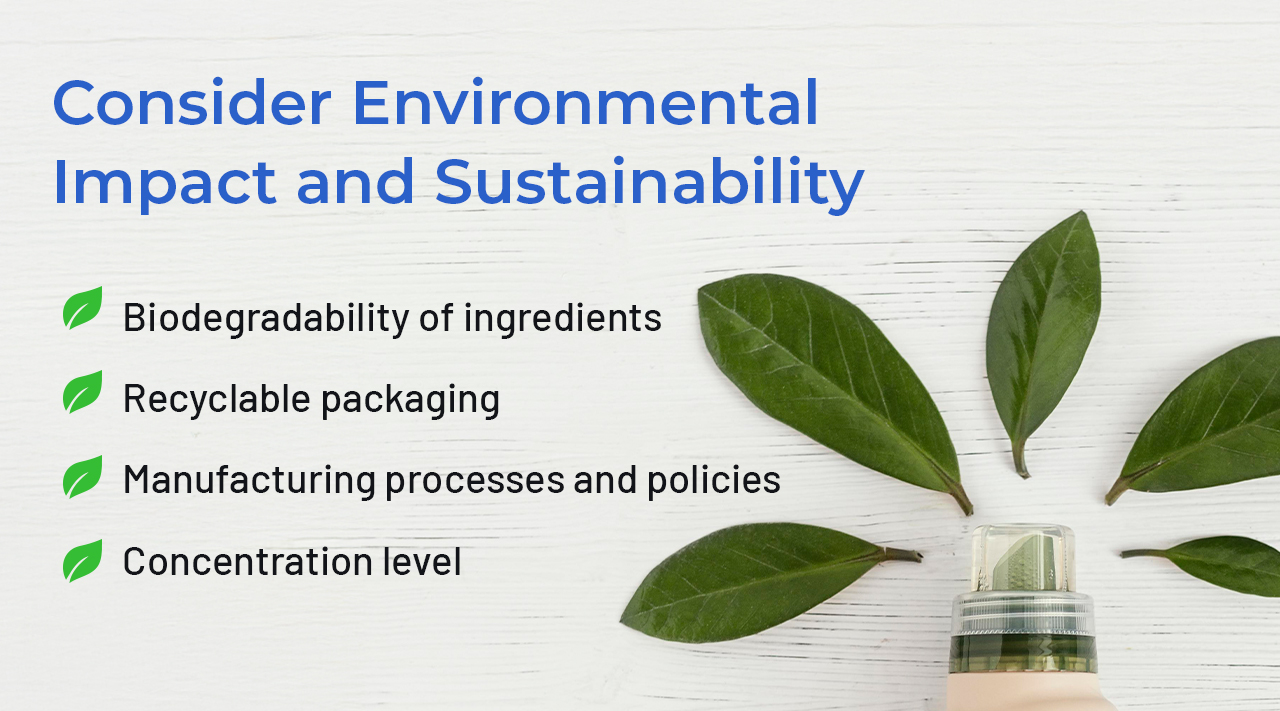
Evaluating Environmental Impact and Sustainability
As environmental concerns grow, many consumers are prioritizing eco-friendly laundry options. When evaluating the sustainability of a detergent, consider:
• Biodegradability of ingredients
• Packaging (recyclable, minimal, or zero-waste options)
• Manufacturing processes and company environmental policies
• Concentration level (concentrated formulas often have a lower environmental impact)
Opting for environmentally friendly detergents not only reduces your carbon footprint but can also be gentler on your clothes and skin.
When considering what to look for in laundry detergent, it's essential to balance your specific needs with cleaning effectiveness and environmental impact. By taking these factors into account, you can find the best detergent for your clothes, your health, and the planet. Remember, the most expensive or popular option isn't always the best choice for your unique laundry needs.
Avoiding Common Mistakes When Using Laundry Detergents
Even when using the best laundry products, it's easy to fall into common traps that can compromise your washing results. Let's explore some key pitfalls to avoid and how to get the most out of your laundry routine.
Dosage: How Much Detergent to Use for Optimal Results
Using the right amount of detergent is crucial for clean clothes and a well-functioning washing machine. Here's how to get it right:
• Follow the manufacturer's instructions on the detergent packaging.
• Consider the size of your load and how dirty the clothes are.
• Use less detergent for HE machines, which require less water.
• For hard water areas, you might need to use slightly more detergent.
Remember, more isn't always better. Using too much detergent can leave residue on your clothes and in your machine, potentially leading to skin irritation and machine malfunctions.
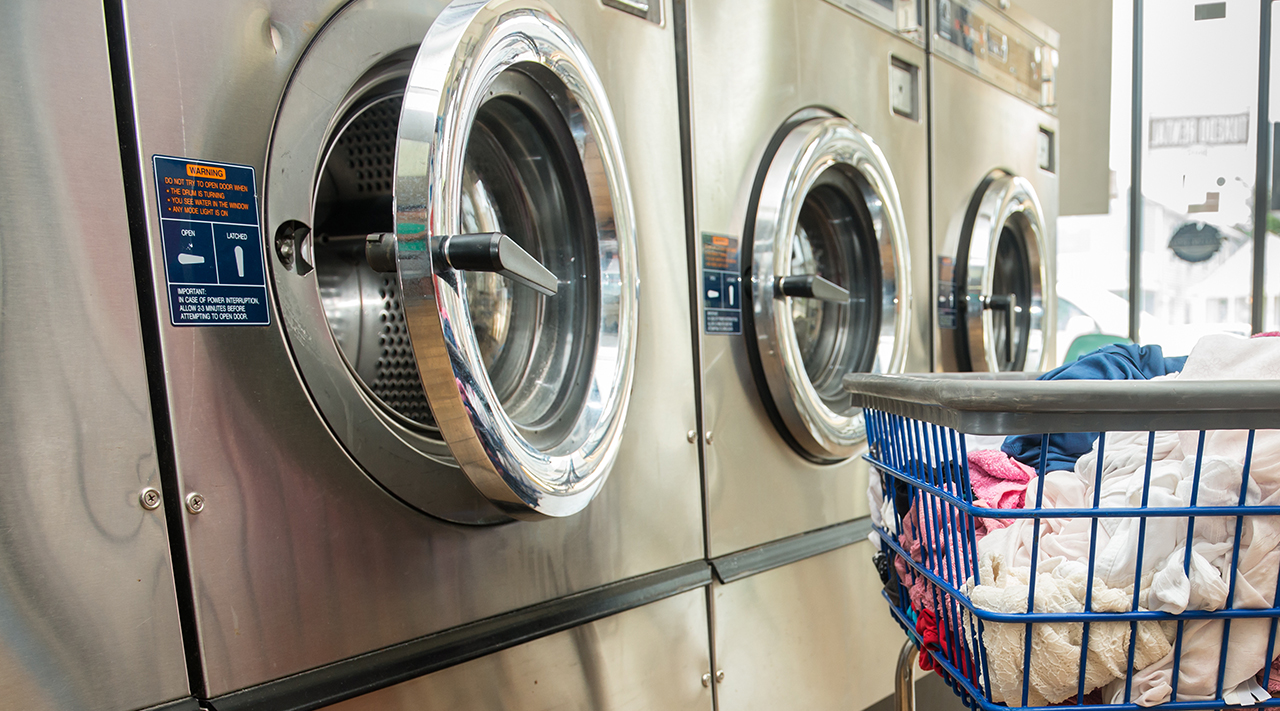
The Risks of Using Too Much Detergent
While it might seem logical that more detergent equals cleaner clothes, using too much can have serious consequences:
1. Residue buildup: Excess detergent can leave a sticky residue on clothes, attracting more dirt and causing fabrics to wear out faster.
2. Machine damage: Too many suds can interfere with your washing machine's mechanics, potentially leading to costly repairs.
3. Environmental impact: Overuse of detergent leads to more chemicals being released into the water system.
4. Skin irritation: Leftover detergent on clothes can cause skin rashes and allergic reactions.
To avoid these issues, start with the recommended amount and adjust based on your results. If you're seeing suds after the rinse cycle or feeling a residue on your clothes, you're likely using too much.
Decoding Laundry Labels: Ingredients to Avoid for Healthier Washing
Even the best laundry products can contain ingredients that might not be ideal for everyone. Here's what to watch out for:
1. Phosphates: These can cause algal blooms in waterways. Many countries have banned or restricted their use.
2. Optical brighteners: While they make clothes appear whiter, they can cause skin irritation in some people.
3. Synthetic fragrances: These can trigger allergies and skin sensitivities.
4. Chlorine bleach: Harsh on fabrics and the environment, it's best used sparingly.
5. Nonylphenol ethoxylates (NPEs): These chemicals are toxic to aquatic life and have been banned in many countries.
When choosing your laundry detergent, look for products that are free from these ingredients. Many of the best laundry products now offer plant-based, biodegradable formulas that are gentler on both your clothes and the environment.
By being mindful of these common pitfalls, you can ensure that you're not only using the best laundry products but also using them in the most effective way. This approach will lead to cleaner clothes, a healthier home, and a more sustainable laundry routine.
Maximizing Efficiency and Sustainability in Laundry Care
As we wrap up our comprehensive guide on laundry detergents, let's explore some innovative solutions and practical tips to help you make the most of your laundry routine while being mindful of both your budget and the environment.
Innovative Laundry Detergent Products Worth Trying
The laundry industry is constantly evolving, with new products hitting the market that promise to revolutionize how we clean our clothes. Here are some innovative options worth considering:
1. Concentrated Formulas: These products pack a powerful punch in a smaller package, reducing plastic waste and transportation emissions. Many top laundry detergent brands now offer concentrated versions.
2. Refill Stations: Some stores now offer refill stations where you can top up your detergent containers, significantly reducing plastic waste.
3. Laundry Sheets: These dissolvable sheets are lightweight, easy to store, and produce zero plastic waste.
4. Enzyme-Based Stain Removers: These harness the power of natural enzymes to break down tough stains without harsh chemicals.
While these innovative products may not always be the best detergent for every situation, they offer exciting alternatives that can help reduce your environmental impact.
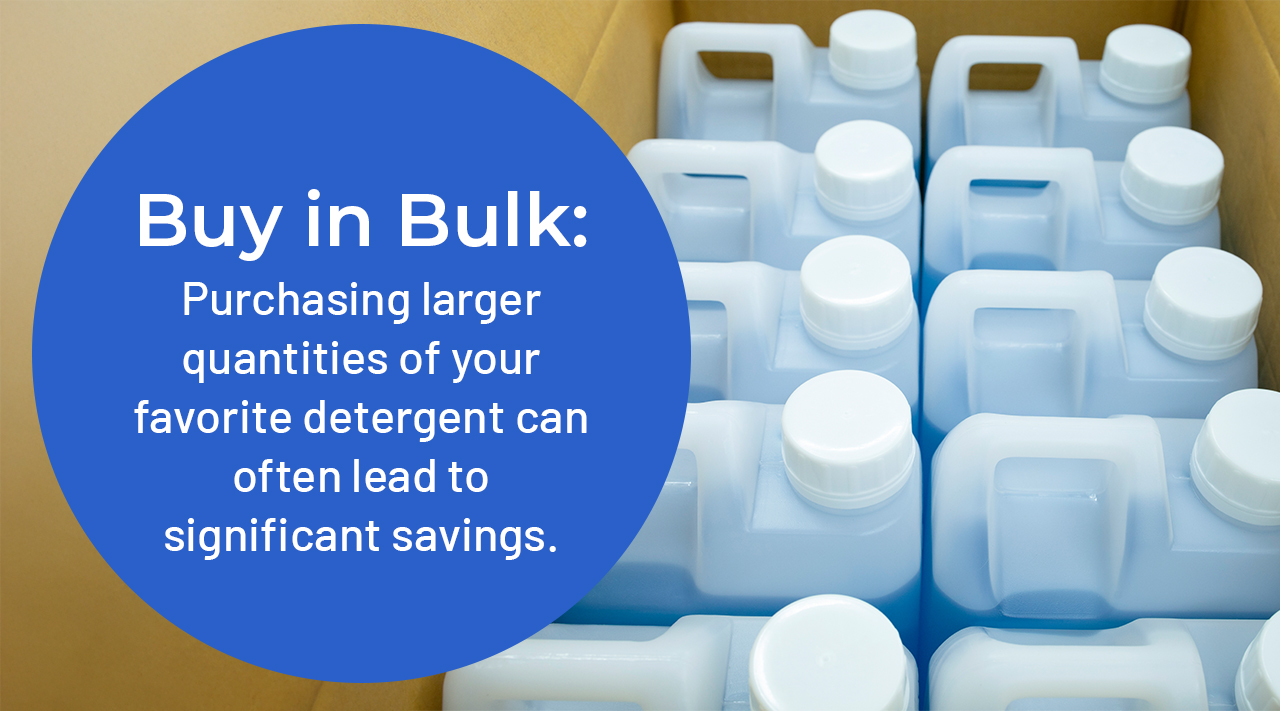
Money-Saving Tips Without Compromising Quality
Finding the best detergent doesn't have to break the bank. Here are some tips to save money while still getting great results:
• Buy in bulk: Purchasing larger quantities of your favorite detergent can often lead to significant savings.
• Use the correct amount: Avoid overusing detergent by measuring carefully. This not only saves money but also protects your clothes and machine.
• Pretreat stains: Tackling stains before washing can reduce the need for multiple washes or expensive specialty detergents.
• Try DIY solutions: For some laundry tasks, simple household items like vinegar or baking soda can be effective and economical alternatives.
Remember, the most expensive option isn't always the best detergent. Focus on finding a product that works well for your specific needs and budget.
Balancing Effectiveness with Sustainability
Choosing the right detergent involves balancing cleaning power, personal preferences, and environmental concerns. Look for concentrated formulas and refill stations to reduce waste, and experiment with different options to find the best fit for your needs.
Here are some final tips to help you make the best choice:
• Experiment: Don't be afraid to try different products to find what works best for you. What's considered the top laundry detergent might not be the best fit for your specific needs.
• Read labels: Pay attention to ingredient lists and washing instructions to ensure you're using products correctly and safely.
• Consider your priorities: Whether it's eco-friendliness, cost-effectiveness, or powerful stain-fighting abilities, choose a detergent that aligns with your top priorities.
• Stay informed: Keep up with new developments in laundry care. The best detergent today might be outperformed by an innovative new product tomorrow.
• Balance effectiveness with sustainability: Look for products that clean well while minimizing environmental impact.
By taking these factors into account and staying open to new innovations in the laundry care industry, you can make informed decisions that keep your clothes clean, your household healthy, and your environmental impact low. Remember, the best laundry routine is one that works effectively for you while aligning with your values and budget.
Conclusion
To wrap it up, finding the right laundry detergent comes down to matching performance to your real-world needs, your machine type, soil level, fabric care, and whether you prioritize fragrance-free or eco-friendly ingredients.
Once you understand the pros and cons of liquids, powders, pods, and greener formulas, it’s much easier to choose a good laundry detergent (or a better laundry detergent) that delivers consistent results and to narrow down the 5 best laundry detergents for your home or facility.
If you’re ready to stock up on a recommended laundry detergent or compare top laundry detergents for commercial use, The Cleaning Station is a reliable place to buy trusted, facility-ready options in one spot.
Frequently Asked Questions
How to choose laundry detergent?
To choose the right detergent, consider your washing machine type, stain level, fabrics, and skin sensitivities. Use HE detergents for high-efficiency machines, enzyme formulas for heavy stains, gentle detergents for delicate fabrics, and hypoallergenic options for sensitive skin. Eco-friendly detergents with biodegradable ingredients and sustainable packaging are also a good choice for reducing environmental impact.
Which laundry detergent is considered the best?
The best laundry detergent depends on your priorities. Budget-friendly options like Arm & Hammer offer solid performance, Tide is widely recognized for strong stain removal, and brands like Seventh Generation and Method are popular for eco-friendly, non-toxic formulas.
How do I know what detergent to use?
Choose detergent based on your washing machine type, laundry needs, and personal preferences. Use HE detergents for high-efficiency washers, liquid for cold washes, powder for heavily soiled loads, and pods for convenience. Scent, price, and eco-friendliness can also guide your decision.
What are the factors to consider when selecting detergents?
Important factors include cost per load, sustainability, cleaning effectiveness, and allergy considerations. Look for biodegradable formulas, low-waste packaging, enzyme-based stain removal, and hypoallergenic ingredients if you have sensitive skin.
Recent Posts
-
If you're a facility manager, you've probably noticed the pattern: some cleaners finish their zones …Jan 30, 2026
-
High-Touch Surface Cleaning Checklist & Guide for Facilities
Overview: What This Guide Covers This guide provides a complete, ready-to-use high-touch surface cle …Jan 16, 2026 -
Facility HVAC Cleaning Checklist: What to Clean, When, and Why
The Dust You Don't See In many facilities, floors get cleaned, windows shine, and restrooms are sani …Jan 09, 2026

